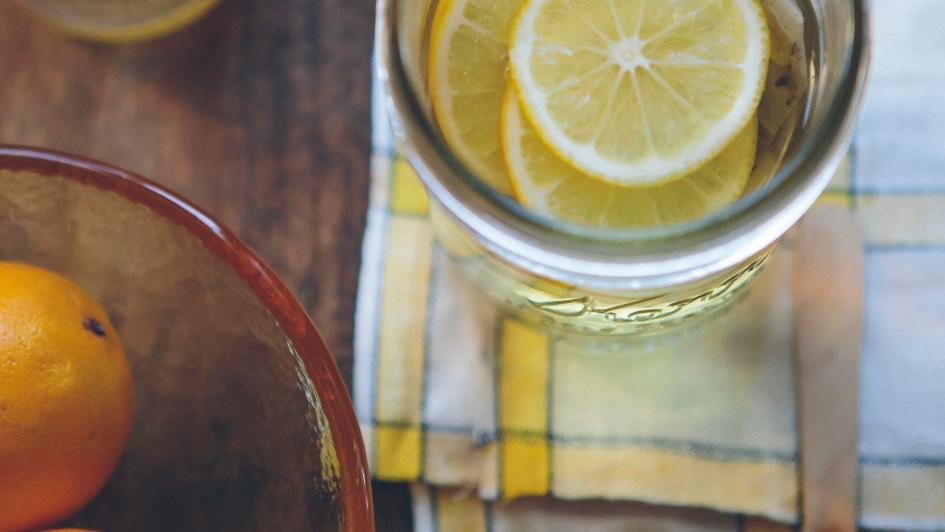5 Simple Changes to Improve IBS

Published
IBS affects about 10-15% of the population in North America and accounts for roughly $30 billion in health care dollars each year 1. Even though only 15% of people with IBS seek medical attention it still accounts for 25-50% of all referrals to gastroenterologists 1. While IBS has a considerable impact on many of our lives, as well as the healthcare system, these 5 things may help you to more effectively treat, or even eliminate your IBS symptoms.
- 60-80% of all IBS is actually due to small intestinal overgrowth (SIBO)2 which can be tested for and treated. Consider having SIBO testing done by an experienced practitioner to see if this is the case for you.
- The low FODMAP diet has been shown to be helpful for many people with IBS. This is a fairly complicated diet so I would recommend seeing a nutritionist who is very familiar with the diet. Please note that a low FODMAP diet tends to also be low in fiber and should not be followed strictly for a long period of time, but it can help to reduce symptoms while you are working on the underlying cause.
- Stress management is very important for IBS. When you are under stress your sympathetic nervous system takes over, and your blood flow is shunted away from the digestive system. This is the “fight or flight” response. When you are relaxed you will enter the parasympathetic or “rest and digest” state. Consider adding exercise and meditation to your regular routine to reduce stress.
- The way in which we eat our food is very important for digestion. When you smell your food, your body starts to prepare itself for a meal by releasing saliva and digestive enzymes. If you are not doing your own cooking, try to sit with your food and take in the smell for a few minutes before you begin eating. Eat slowly and mindfully to avoid overeating and improper food digestion. Also, consider sipping a tablespoon of lemon juice or apple cider vinegar in a few ounces of water slowly 15 minutes before a meal to stimulate your digestion.
- Carminative herbs help to reduce gas and bloating. The herbs in chai tea such as cardamom, clove and cinnamon do a great job of this. Please note that while these herbs do not contain caffeine themselves, chai tea usually has black tea in it and this amount of caffeine can cause stress or anxiety in some people. Fennel and peppermint teas are fantastic caffeine free options. I recommend drinking a cup of one of these teas after larger meals.
References:
- Wald, A. Clinical manifestations and diagnosis of irritable bowel syndrome in adults. In: UpToDate, TW (Ed), UpToDate, Waltham, MA, 2017.
- Dukowicz AC, Lacy BE, Levine GM. Small intestinal bacterial overgrowth: a comprehensive review. Gastroenterol Hepatol (N Y). 2007;3(2):112-22.

